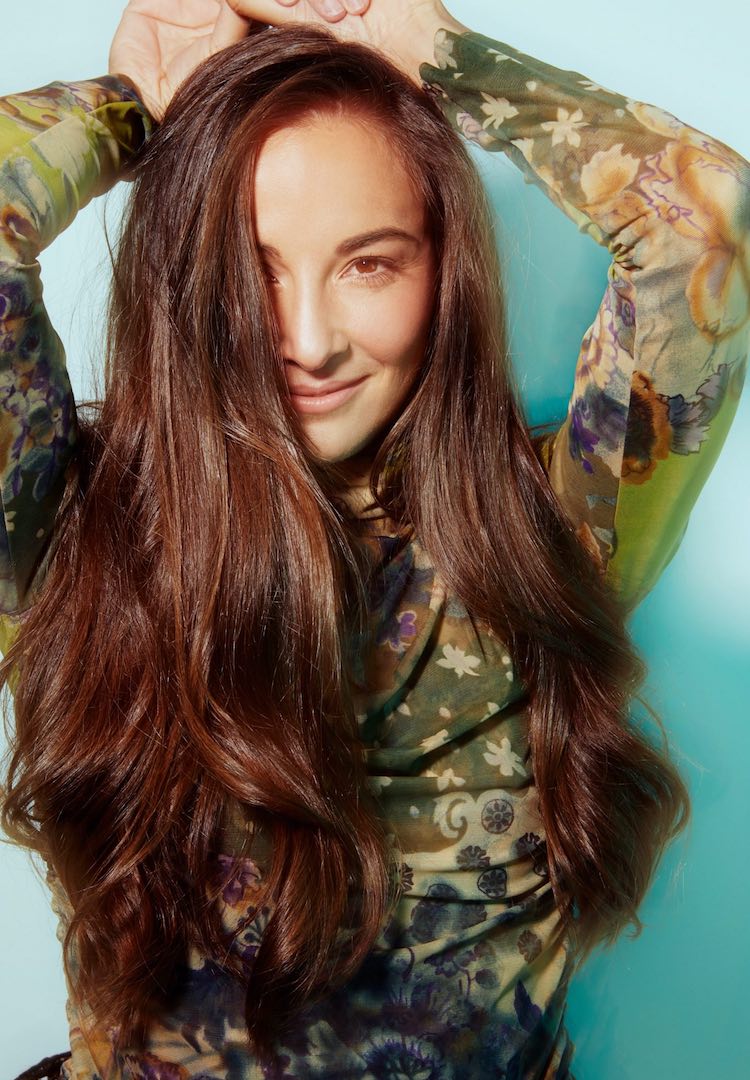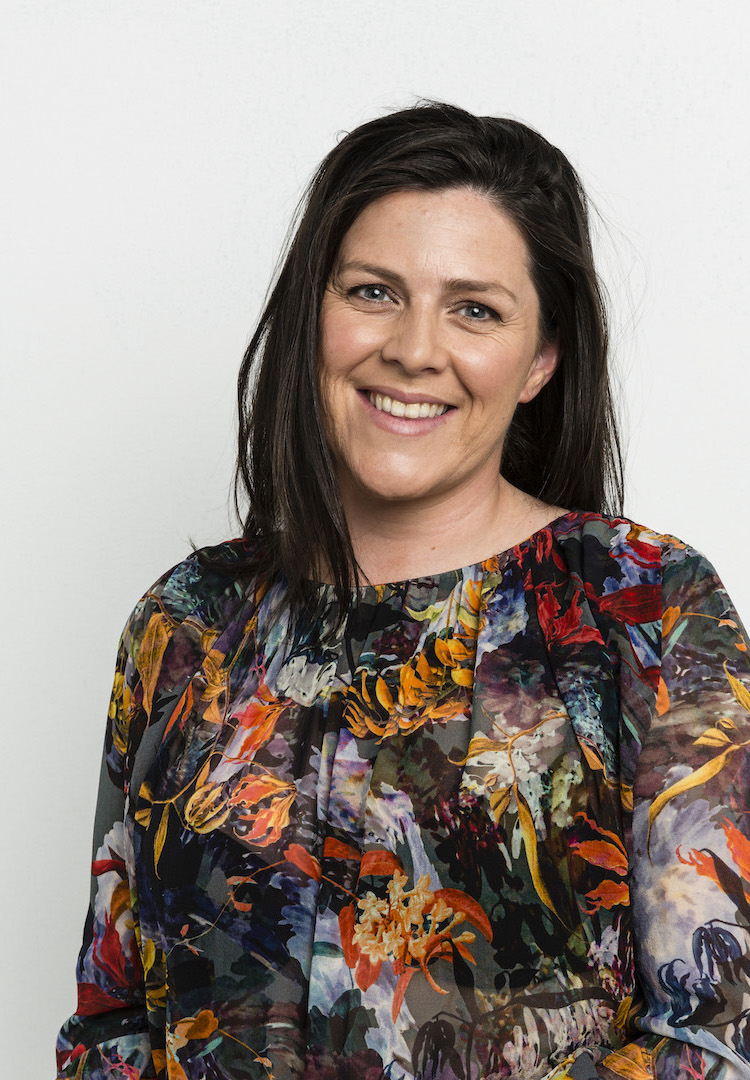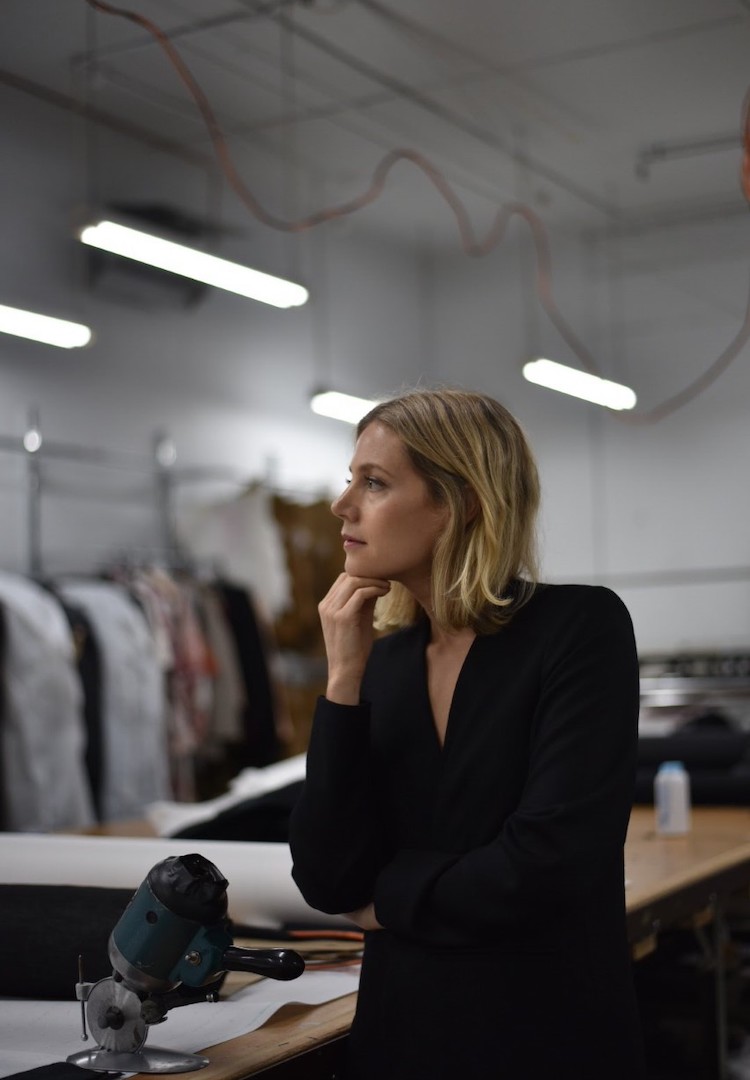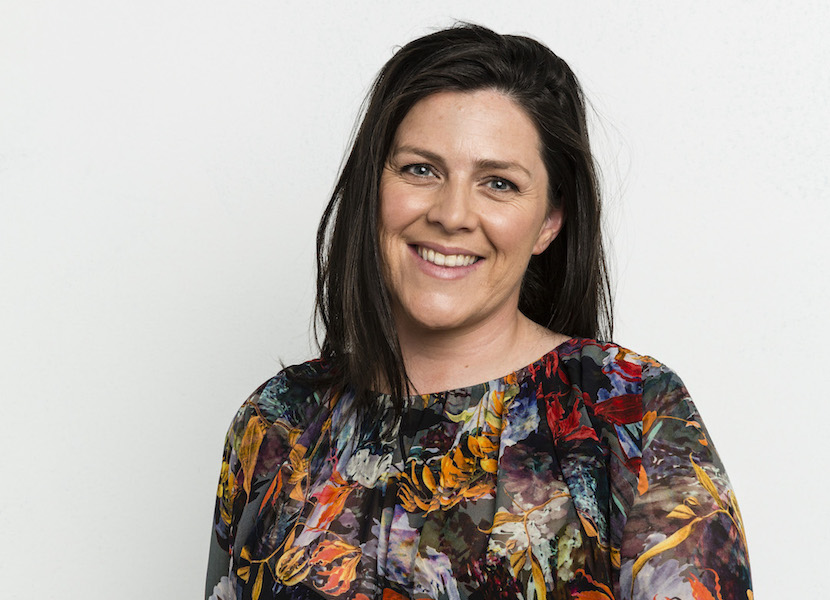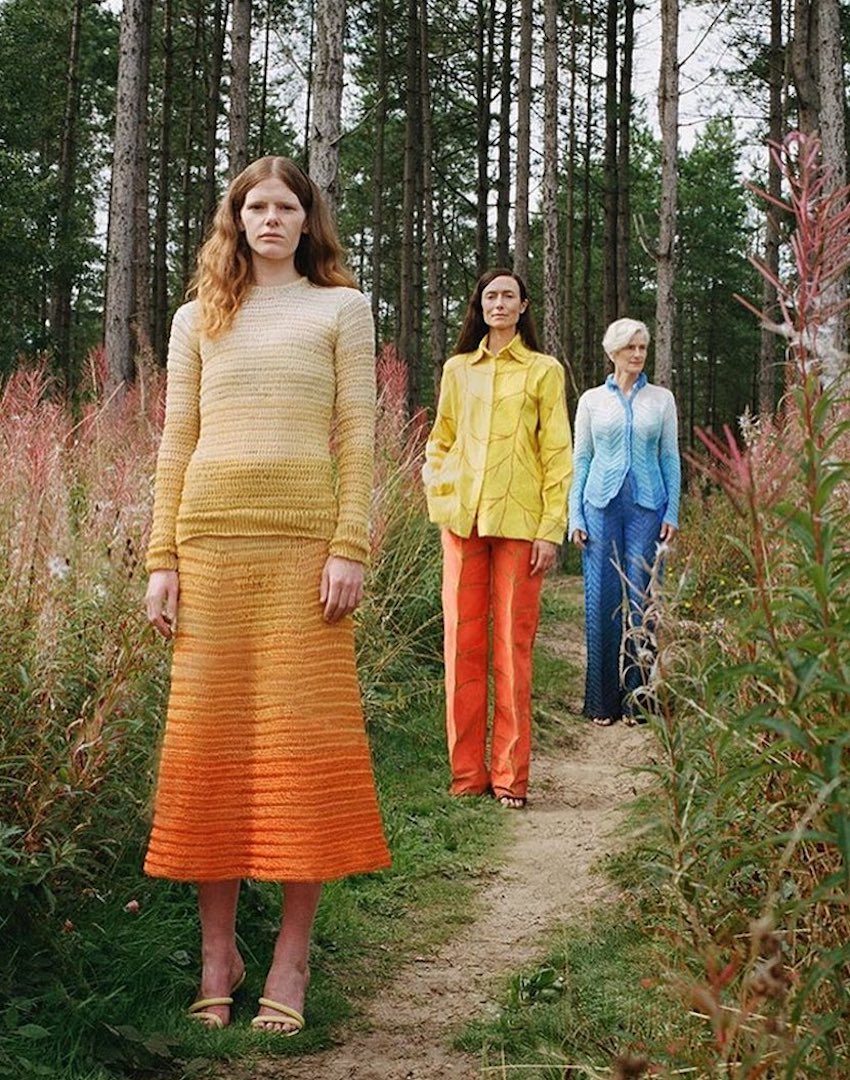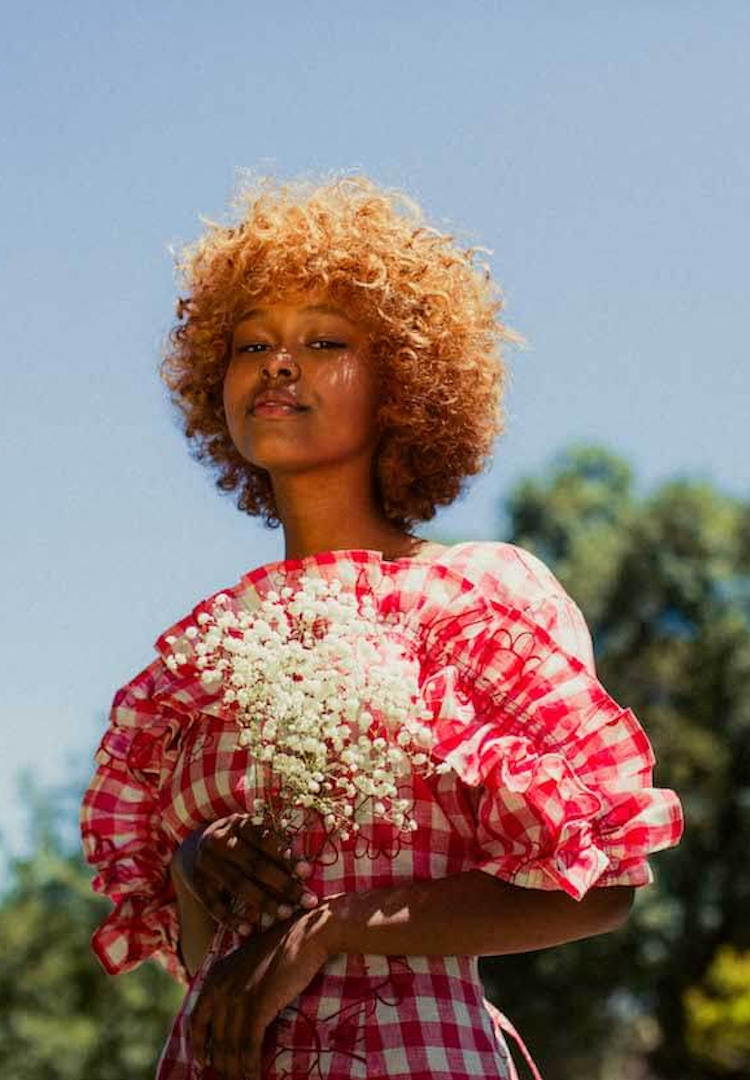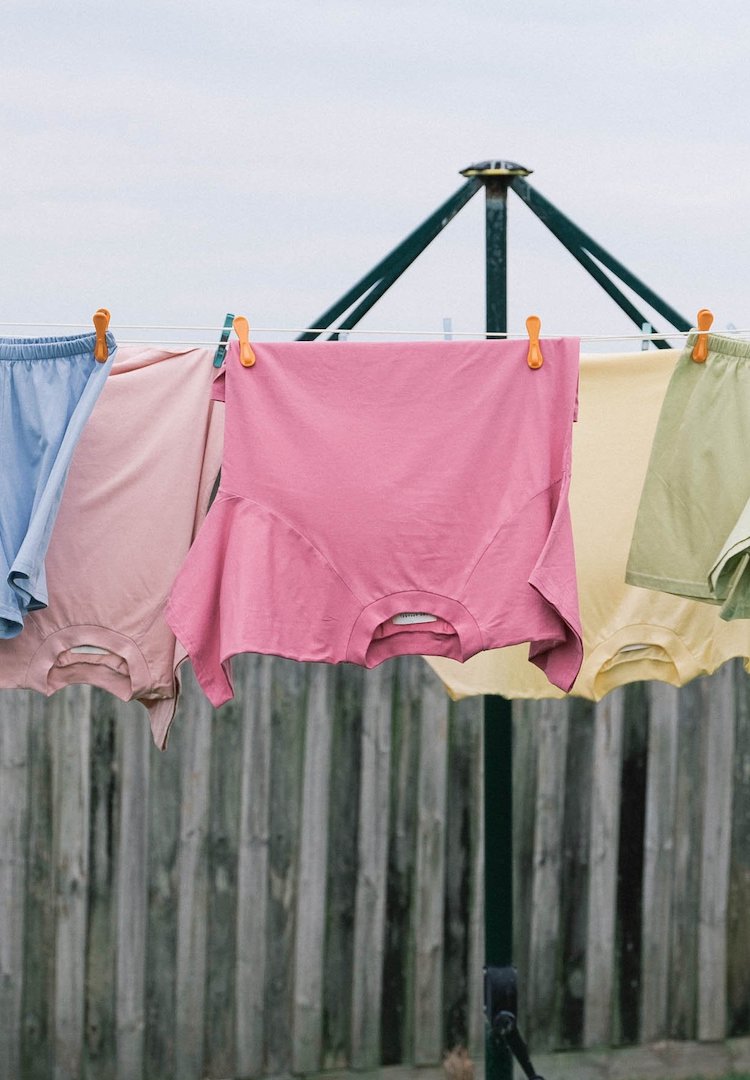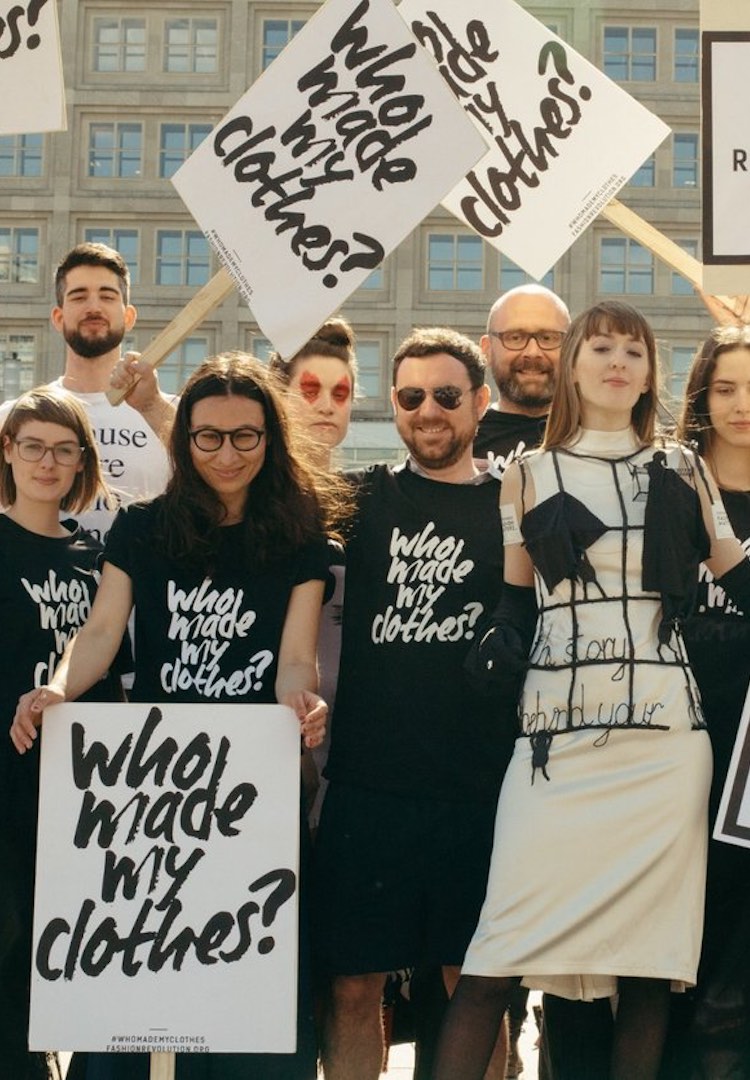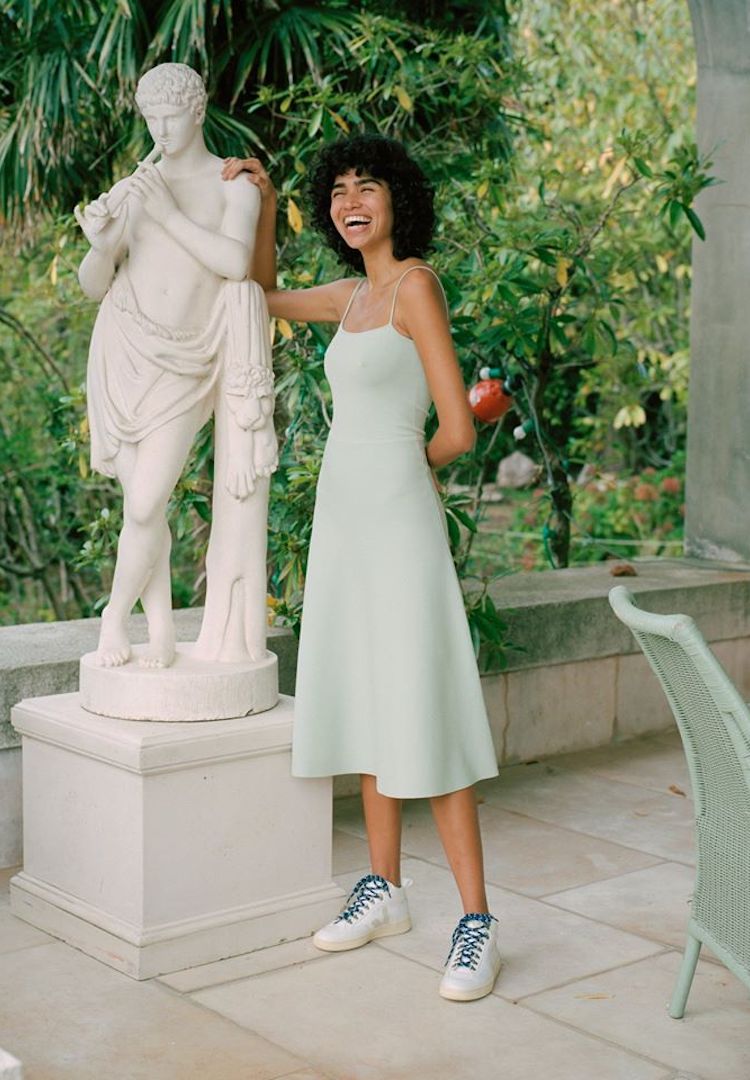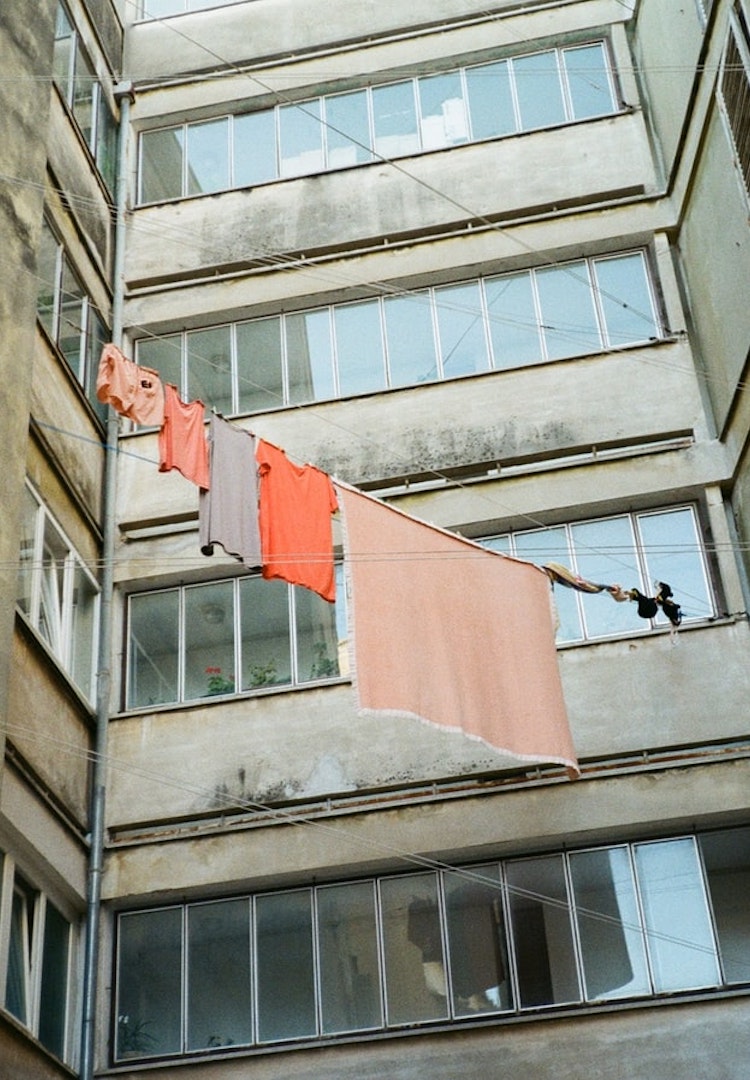Melinda Tually is the woman responsible for Australia’s Fashion Revolution
WORDS BY MARIAH PAPADOPOULOS
All hail.
Melinda Tually is arguably a modern-day hero. She’s the multi-hyphenate powerhouse responsible for establishing the Australian arm of the worldwide movement, Fashion Revolution.
Engaging with all levels of the supply chain, Fashion Revolution informs governments, brands, designers, industry bodies, educators, academics and consumers, and then holds them accountable. It’s the global body that launched the hashtag #WhoMadeMyClothes, has steered human rights legislation and revolutionised how brand’s approach packaging and waste.
Since its inception in 2013, the Australian arm of Fashion Revolution has been bringing greater industry transparency and accountability to all levels of the supply chain, and sitting at the Australian helm has been Melinda. She’s worked with NGOs, consulted with government, attended international conferences, organised large-scale events and campaigned tirelessly. And all of this she’s done pro bono.
“Balance isn’t really a word that applies to my life,” she laughs.
Her journey started relatively modestly, shortly after the catastrophic collapse of Rana Plaza, an eight-storey building that housed garment factories in Bangladesh. The collapse killed over 1,000 people and injured 2,500, and remains the deadliest garment factory incident to date.
The tragedy deeply affected Melinda and a few months later at a conference in the UK, she volunteered to run Fashion Revolution, a new global movement, in Australia.
“I did not go to the UK thinking I’d come back with the responsibility to run a movement,” she says. “But if there was a collective that could try to bring a focus on that incident and try to restore dignity to their lives, then I wanted to be part of it.”
At the time, Melinda owned a gift store in Surry Hills. “I realised I couldn’t really do justice to fashion in that type of space,” she says. She soon started acting as Deputy Chair of the Fair Trade Association and now runs a consultancy firm helping client companies develop ethical supply chains and sustainability strategies – a role that goes hand-in-hand with her Fashion Revolution responsibilities.
Through her work with the global organisation, Melinda engages with all levels of the supply chain, from government through policy, to brands and designers, industry bodies, educators and academics. And the return is evident. While many overseas markets have long had ethical frameworks in place, Australia is making up for lost time.
“There’s been a broader acceptance and understanding of business responsibility and accountability overseas for a lot longer. Therefore they’re a lot further down the path, and the investment that’s required in this space [for Australian brands] is much more considerable,” she notes.“But we’re coming out with really bold targets as well, just like our international counterparts.”
Melinda’s belief in her work is unwavering. She notes that Fashion Revolution, as an organisation, has mobilised citizens more than anyone around the world.
But even after so many years campaigning for ethical practices, confronting real issues like human rights abuses and climate change can take a toll. The realisation that we all have agency can be daunting, because it comes with accountability.
“You feel a level of responsibility, and it’s really distressing. I’m embedded in worker rights and human rights every day, and the things that you come across that you have to address… they’re distressing.
“I take it personally. I’ve sat here and cried.”
But at a time when individual efforts can feel overwhelmingly hopeless, Melinda is proof of the immense power each individual has, both acting alone and as a collective.
“At the end of the day Fashion Rev is a citizen-led movement,” she says. “Consumers now, their voice is loud and it’s quite a force. If [brands] weren’t listening to those customers before, then they certainly are now.”
The hashtag, #WhoMadeMyClothes has long been at the centre of Fashion Revolution’s campaigns, echoing its original focus on human rights and dignity at the time of the Rana Plaza collapse.
But the work of Fashion Revolution has since broadened to advocate around the environmental impacts of the industry. A new element to the campaign, #WhatsInMyClothes, focuses on the environmental importance of raw materials and chemicals that are used. It also challenges the fashion industry’s propensity to yield unimaginable amounts of waste every year, including textile waste from overproduction, as well as water and soil pollution.
Melinda notes it’s the simplicity of the movement’s message that facilitates its universal reach.
“That question can cut through any language, any culture. Everyone knows what it means, what it’s asking. It’s a universal call,” she says. “We’ve been able to have a conversation at all levels, whether it’s with ministers or whether it’s with preschool children. And you can only do that when you’ve got a really compelling, strong, simple purpose.”
The campaign’s reach can also be credited to the information Fashion Revolution makes available through its best practice reports and social media. It takes often dense and complex information and makes it accessible to the layperson, empowering the individual to effect change.
“Most people want to do the right thing, they just don’t know what they don’t know,” says Melinda.
For the organisation, the responsibility of consumers is just as important as the responsibility of brands.
“I don’t think it’s right only to expect industry or business to do the work of justice and morality.
“If you don’t like the fast fashion business model, nobody is forcing you into that shop and asking you to purchase week after week. It’s our decision to take part in that kind of lifestyle or not.”
Melinda Tually will appear at the Legacy Responsible Fashion Summit on 25-26 March 2020. Get tickets here.

